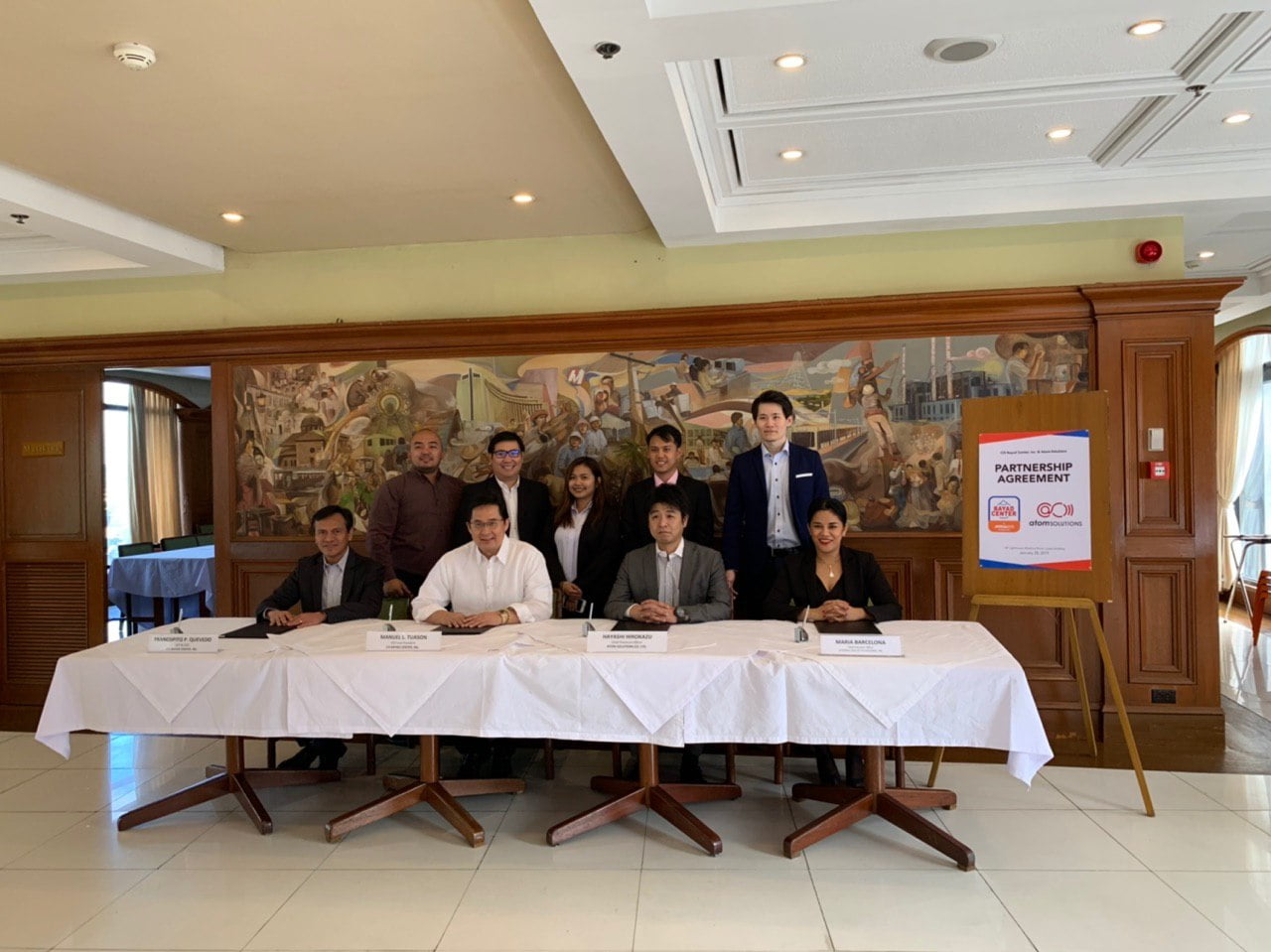Reason to trust

How Our News is Made
Strict editorial policy that focuses on accuracy, relevance, and impartiality
Ad discliamer
Morbi pretium leo et nisl aliquam mollis. Quisque arcu lorem, ultricies quis pellentesque nec, ullamcorper eu odio.
Japanese fintech company Atom Solutions struck a partnership with Philippine outsourced payment solutions company Bayad Center to allow Eternal Coin (XEC) users to pay their utility bills with token in the Philippines, according to a press release shared with NewsBTC on Feb. 8.

The Atom Solutions Team
As reported by the press release, this will enable overseas Filipino workers to support their families and pay their utility bills with greater ease. This is one of the first moves made by Atom Solutions to render their Eternal Coin token practical and useful in daily life. Furthermore, the firm also plans to enable Peer to Peer (P2P) lending on a dedicated platform employing the token.
There are XEC exchanges in three countries, namely the Philippines, Japan, and Hong Kong where users can engage in direct transactions 24/7 via smartphone or computer. Also, half of the transaction fees generated for bill payment, remittance, buy and sell activity on the network are redistributed to XEC holders. On the technical side, this asset is hosted on a centralized ledger, not on a blockchain, which grants the company the ability to reverse fraudulent transactions.
One of the company’s primary objectives is to deliver a practical, crypto-based, international settlements service. At large, the company is attempting to solve the weakness of the current international settlements solutions by offering a remittance service that is both faster and cheaper to use.
Moreover, there is one major obstacle to developing a settlement solution based on cryptocurrency which the company is also trying to tackle: volatility. Because of the usual price fluctuations typical of cryptocurrencies, the value of a remittance can vary greatly over time.
The company’s solution to this problem is what it calls the Equivalent Value Overseas Remittance System (EVOR). This system, according to Atom Solutions, can solve this problem by allowing the sender to purchase cryptocurrency with his local fiat currency and send it immediately to the receiver. The receiver’s wallet, on the other hand, could receive the money already in his local currency.
The fees of the remittance are reportedly 2 pesos (roughly $0.1) when the destination currency is the same as the currency which is being sent, and 5 pesos (about $0.26) when the destination currency is different.
This is potentially a way lower price according to remittance prices calculator. The cheapest option to send money from Japan to the Philippines, WorldRemit, costs about 1.53 percent of the value, while the second-cheapest option, Transferwise, costs 2.83 percent of the sent funds.
According to a report published in December 2018 by the world bank, the global average recorded minimal remittance cost increased to 7.01 percent in the fourth quarter of last year, when compared to the third quarter of 2018. Still, Asia is the most competitive region, with an average remittance cost of 5.23 percent. The most expensive region, on the other hand, is Sub-Saharan Africa, with an average remittance cost equivalent to 8.97 percent.



























